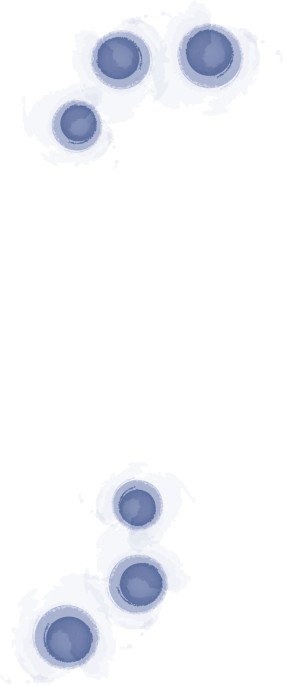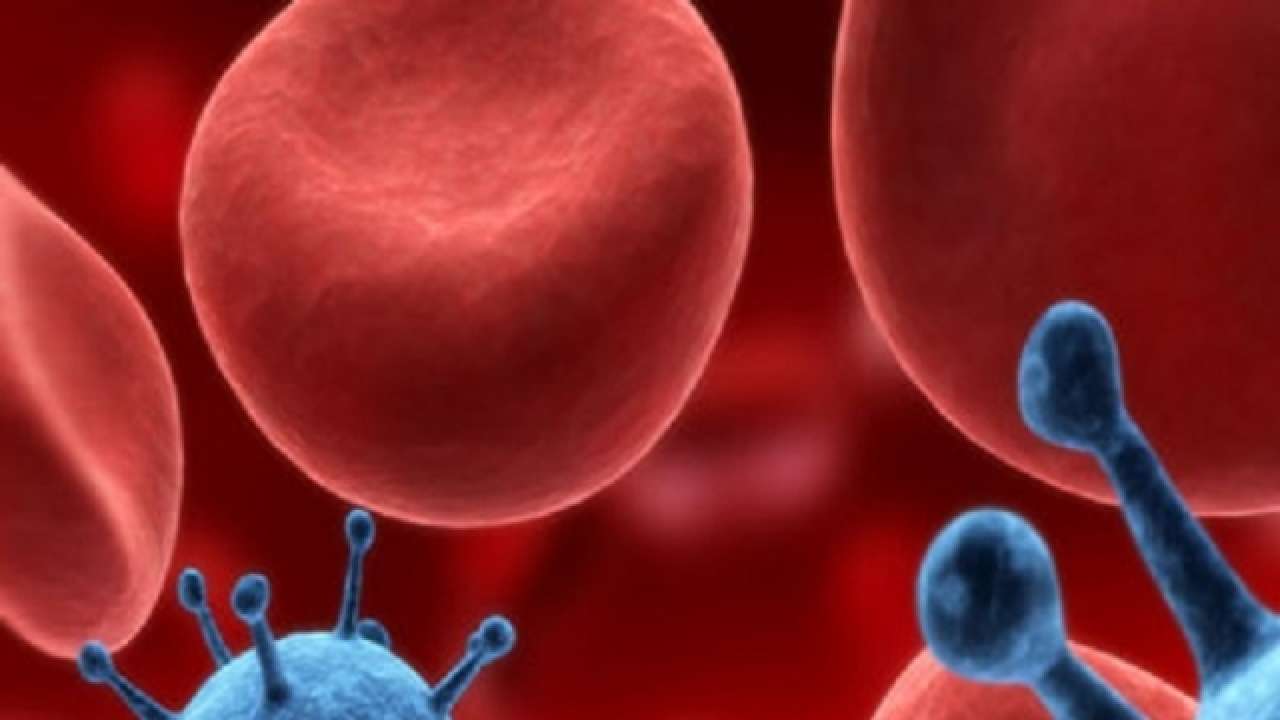
- Select a language for the TTS:
- UK English Female
- UK English Male
- US English Female
- US English Male
- Australian Female
- Australian Male
- Language selected: (auto detect) - EN
Play all audios:
Access through your institution Buy or subscribe NAFLD is a leading cause of HCC in developed nations. HCC is considered an inflammation-associated cancer, yet the role of the adaptive
immune system in hepatocarcinogenesis has not been explored in detail. To investigate the effect of NAFLD on adaptive T-cell-mediated immune responses and the development of HCC, the
researchers used mouse models of the disease. Mice with liver-specific overexpression of the _Myc_ oncogene (MYC-ON mice) developed more hepatic tumours than mice lacking hepatic _Myc_
overexpression (MYC-OFF mice), when both groups were fed a methionine-choline-deficient (MCD) diet to induce NAFLD. > ...mice fed an MCD diet had fewer CD4+ T cells than mice fed a >
control diet This is a preview of subscription content, access via your institution ACCESS OPTIONS Access through your institution Subscribe to this journal Receive 12 print issues and
online access $209.00 per year only $17.42 per issue Learn more Buy this article * Purchase on SpringerLink * Instant access to full article PDF Buy now Prices may be subject to local taxes
which are calculated during checkout ADDITIONAL ACCESS OPTIONS: * Log in * Learn about institutional subscriptions * Read our FAQs * Contact customer support REFERENCES * Ma, C. _ et al_.
NAFLD causes selective CD4+ T lymphocyte loss and promotes hepatocarcinogenesis. _Nature_ http://dx.doi.org/10.1038/nature16969 Download references Authors * Hugh Thomas View author
publications You can also search for this author inPubMed Google Scholar RIGHTS AND PERMISSIONS Reprints and permissions ABOUT THIS ARTICLE CITE THIS ARTICLE Thomas, H. Loss of CD4+ T cells
in HCC. _Nat Rev Gastroenterol Hepatol_ 13, 190 (2016). https://doi.org/10.1038/nrgastro.2016.47 Download citation * Published: 16 March 2016 * Issue Date: April 2016 * DOI:
https://doi.org/10.1038/nrgastro.2016.47 SHARE THIS ARTICLE Anyone you share the following link with will be able to read this content: Get shareable link Sorry, a shareable link is not
currently available for this article. Copy to clipboard Provided by the Springer Nature SharedIt content-sharing initiative






